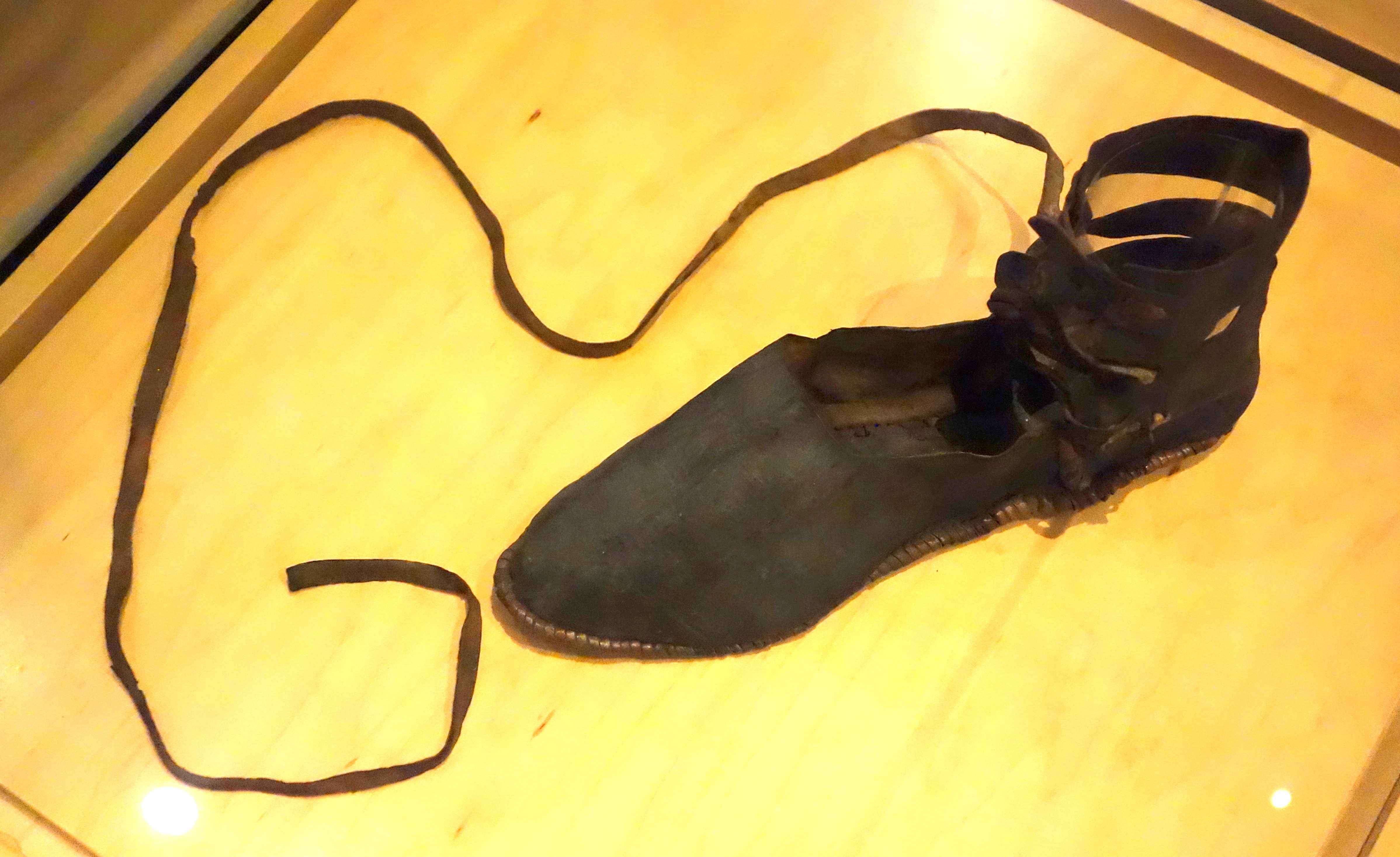If a man dies without children, the brother is charged with continuing his line: “When brothers dwell together and one of them dies without a child, the widow should not marry out to an unrelated man; her brother-in-law shall go unto her and marry her and fulfill the responsibility of the brother-in-law. And the first-born which she bears will stand in the name of his dead brother, and his name will not be blotted out from Israel”. If the brother and the widow don’t want to marry, then they perform a ceremony known as chalitza, meaning “removal”, wherein the widow removes the shoe of the brother (Devarim 25:5-10).
Rebbe Natan of Breslav in Likutei Halakhot (Laws of Yibum) provides an explanation of YIBUM of immense scope. We will focus here on one aspect of his discussion: the close relationship between YIBUM and inheritance. (This is also the aspect of YIBUM emphasized by the Ramban in his commentary to the story of Yehuda and Tamar, Bereshit chapter 38.)
Rebbe Natan points out that while the Torah uses the expression “without a BEN (son or child)”, the actual law is that YIBUM is required if the brother dies without an heir, including son or daughter or grandchild and so on. (SA EHE 156.) The connection between YIBUM and inheritance is evident from a number of other sources. For example, when the daughters of Tzelofchad claimed their father’s inheritance, they argued: “If daughters are not considered offspring [to inherit], then our mother should undergo YIBUM” (Rashi Bamidbar 27:4). We see that YIBUM is dependent directly on having someone to inherit. In the book of Ruth, we find that the anonymous relative of Elimelech can’t redeem the field unless he also marries Ruth; furthermore, the reason given is “to raise up the name of the dead on his inheritance” (Ruth 4:5). Another connection is that YIBUM is only incumbent on brothers with a common father (SA EHE 157); in other words, those who share an inheritance. (When brothers have the same mother, each one inherits his own father.)
Rebbe Natan explains the connection as follows: The main challenge we face in life is to overcome acquisitiveness and indulgence. We are required to engage the material world and improve it, and as part of this process we earn a living and provide ourselves with our material needs. The challenge is to constantly remember that the purpose of our wealth is to serve G-d. We must be conscious that He is the ultimate source of our enjoyment from our possessions, and we use our possessions to perform mitzvot and to help others by acts of charity and loving-kindness. We may not shirk this mandate by a life of isolation and asceticism, nor may we transgress it by living a life of empty indulgence.
As we know, this “simple” task is far from easy. In fact, states Rebbe Natan, it is impossible for any single individual to complete it in his lifetime. The cultivation of the correct approach to our material possessions can only be perfected over a period of generations. Indeed, according to Rebbe Natan, the main reason a man is commanded to have children is to provide him with heirs who will inherit any possessions he has and continue facing up to the challenge of using them responsibly.
When a man dies without an heir, his brothers inherit him, but this doesn’t involve a new channel for his estate, a channel created by the deceased and his unique partnership with his wife. A partial rectification is possible if the brother and the widow now resolve to join together and raise up a family in the name of the deceased. This union between the brother and the widow was really initiated and created by the departed husband, and continues the connection between the wife and the husband’s family and his own inheritance. The brother’s ability to stand in the place of the deceased is strengthened by yet another rule of inheritance: the marrying brother is entitled to the inheritance from the father (or anybody else) that would have been due to the dead brother (SA EHE 163).
Practically speaking, actual YIBUM has been uncommon for thousands of years; probably it is no more common than a widower marrying the wife’s sister (see SA EHE 15:26 – I recall reading that this is even encouraged). Even so, the intricate laws relating to this remarkable commandment carry a profound message of the importance, and the difficulty, of establishing an appropriate and constructive relationship to our possessions, a relationship which doesn’t compete with sanctity but rather deepens it.
Rabbi Asher Meir is the author of the book Meaning in Mitzvot, distributed by Feldheim. The book provides insights into the inner meaning of our daily practices, following the order of the 221 chapters of the Kitzur Shulchan Aruch.
The words of this author reflect his/her own opinions and do not necessarily represent the official position of the Orthodox Union.
